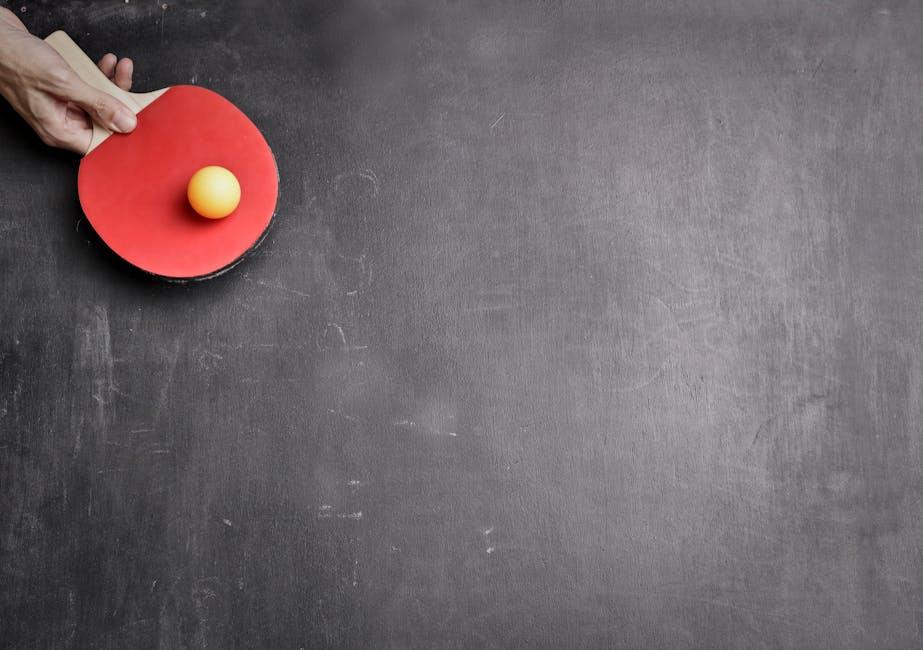Google’s DeepMind AI has once again pushed the boundaries of what artificial intelligence is capable of achieving. This time, it has mastered the game of table tennis to a competitive level, showcasing remarkable agility, precision, and decision-making skills.
Developed by researchers at DeepMind, the AI system combines advanced machine learning techniques with reinforcement learning methods to learn and improve its performance in table tennis. The team used a customized robotic arm, equipped with a camera and sensors, to simulate the human-like playing experience and enable the AI to learn through trial and error.
The AI system, aptly named “Agent57,” went through an extensive training process of playing millions of matches against itself. This method allowed it to learn from its own successes and failures, gradually improving its strategies, predicting opponents’ movements, and perfecting its shots.
What differentiates Agent57 from previous AI systems is its ability to adapt to new tasks and environments. Traditional AI techniques required explicit programming to play table tennis, limiting the system’s ability to learn and adapt in real-time. However, Agent57 uses a deep learning approach, where it learns policies by directly interacting with the environment, enabling it to adapt and refine its strategies on the go.
The result is a highly skilled table tennis player. In a recent match against professional human player Timo Boll, Agent57 demonstrated exceptional agility and precision, showcasing its ability to return fast serves, execute powerful smashes, and even perform deceptive shots. Although Boll ultimately prevailed, the fact that an AI can now compete at the level of a skilled human player is a significant milestone in the field of artificial intelligence.
Beyond the game itself, the development of Agent57 showcases the broader potential of AI technology. DeepMind’s researchers aim to improve the system’s ability to learn real-world tasks across diverse domains. By utilizing reinforcement learning, AI systems can learn from experience and continually improve their performance, ultimately finding applications in areas such as robotics, healthcare, and logistics.
The applications of an AI system that can play table tennis at a competitive level extend beyond mere entertainment. The same techniques and principles that enable Agent57 to adapt and learn in table tennis could be used to develop autonomous robots for various tasks, whether it be assisting surgeons in complex surgeries or optimizing production processes in industries.
Additionally, the development of Agent57 demonstrates the importance of pushing the boundaries of artificial intelligence. While achieving a competitive level in table tennis may seem frivolous, advancements in AI technology have far-reaching implications. They enable us to better understand the complexities of human-like decision-making, improve our understanding of machine learning techniques, and uncover new possibilities for innovation in various fields.
Google’s DeepMind AI has yet again showcased its prowess by mastering table tennis to a competitive level. Through relentless training and advanced machine learning techniques, Agent57 exhibits remarkable agility, precision, and decision-making skills. This milestone not only highlights the development of the AI system itself but also offers a glimpse into the immense potential of AI in transforming various industries and understanding human cognition. As we continue to push the boundaries of artificial intelligence, the possibilities for innovation seem boundless.

